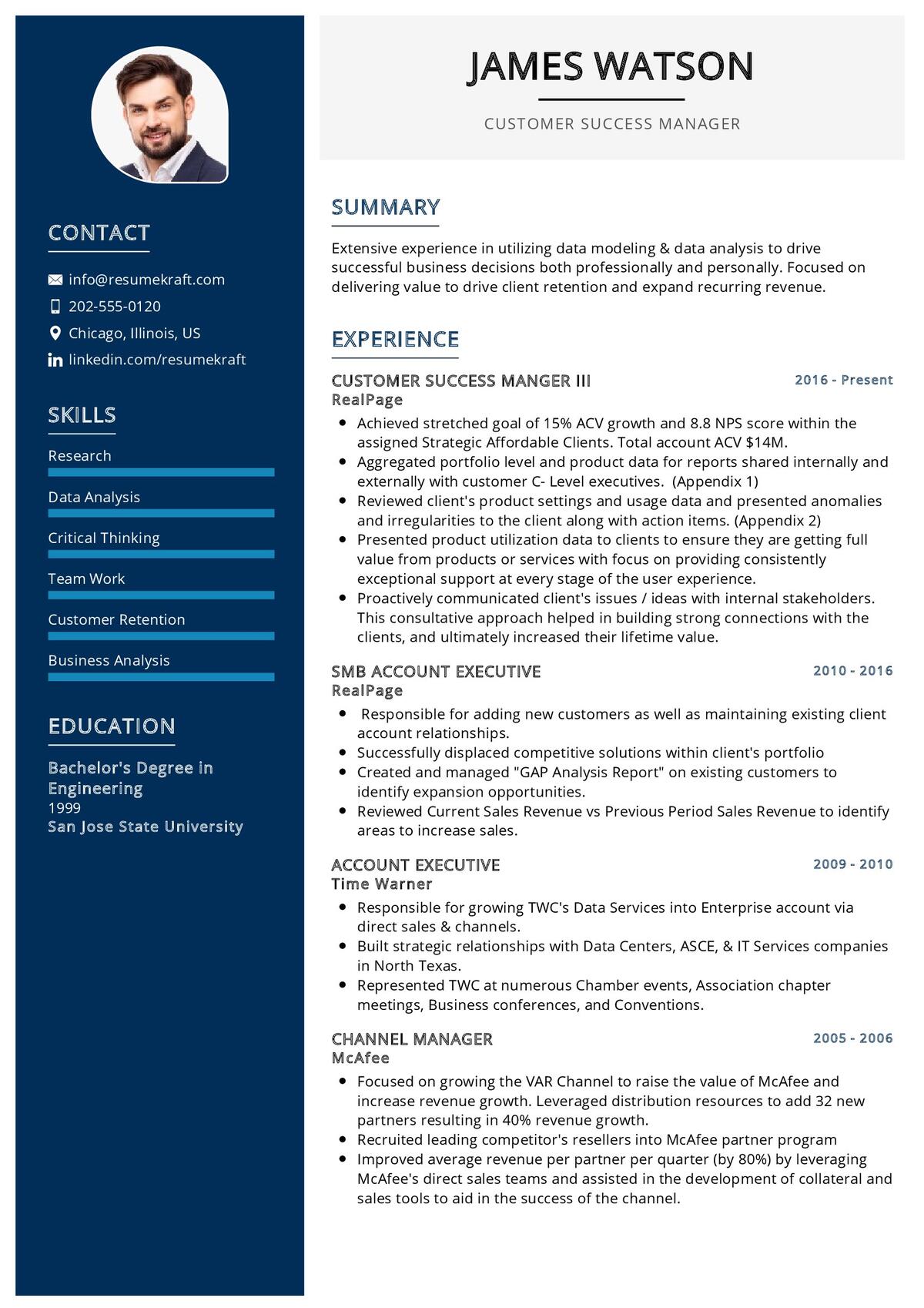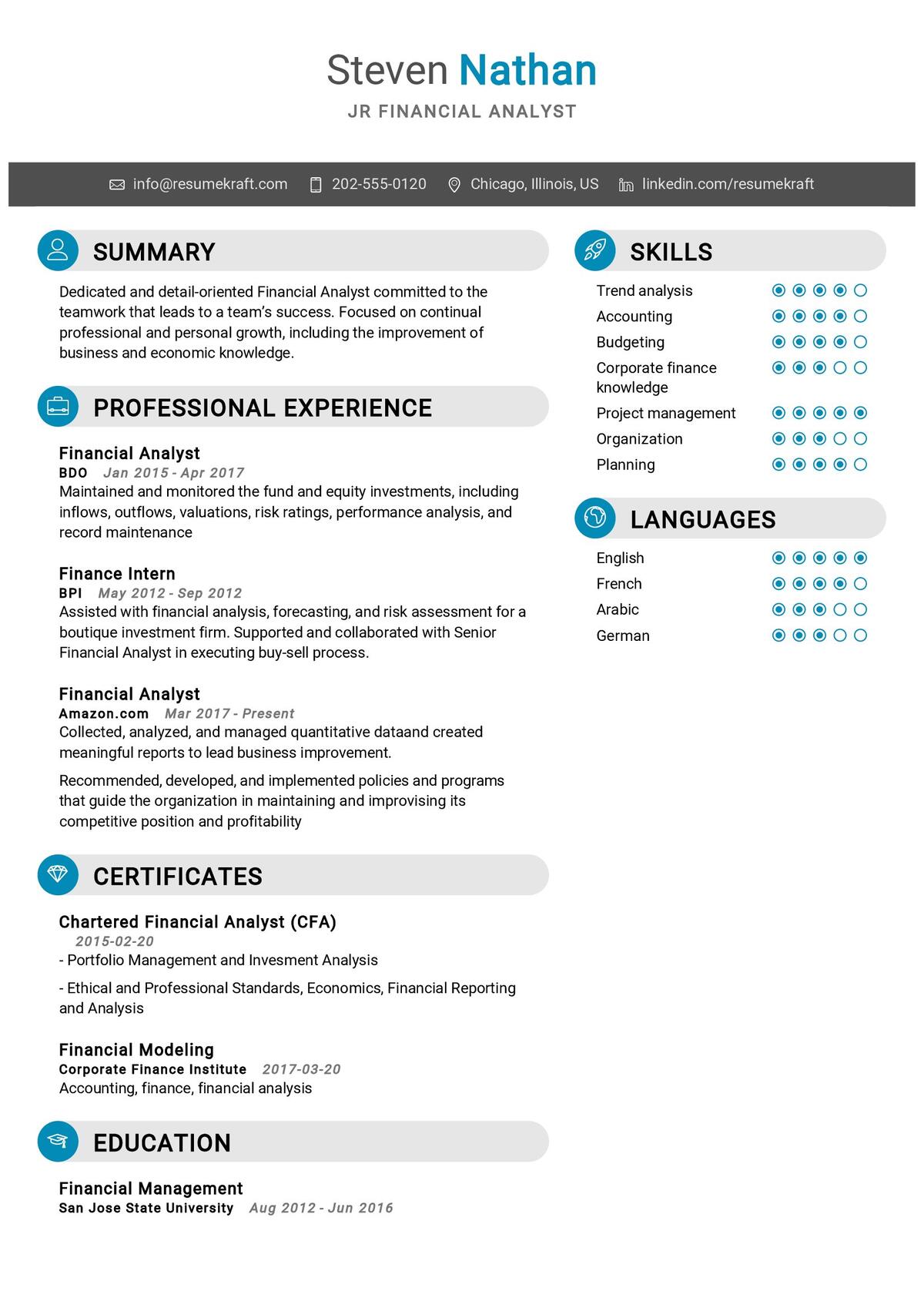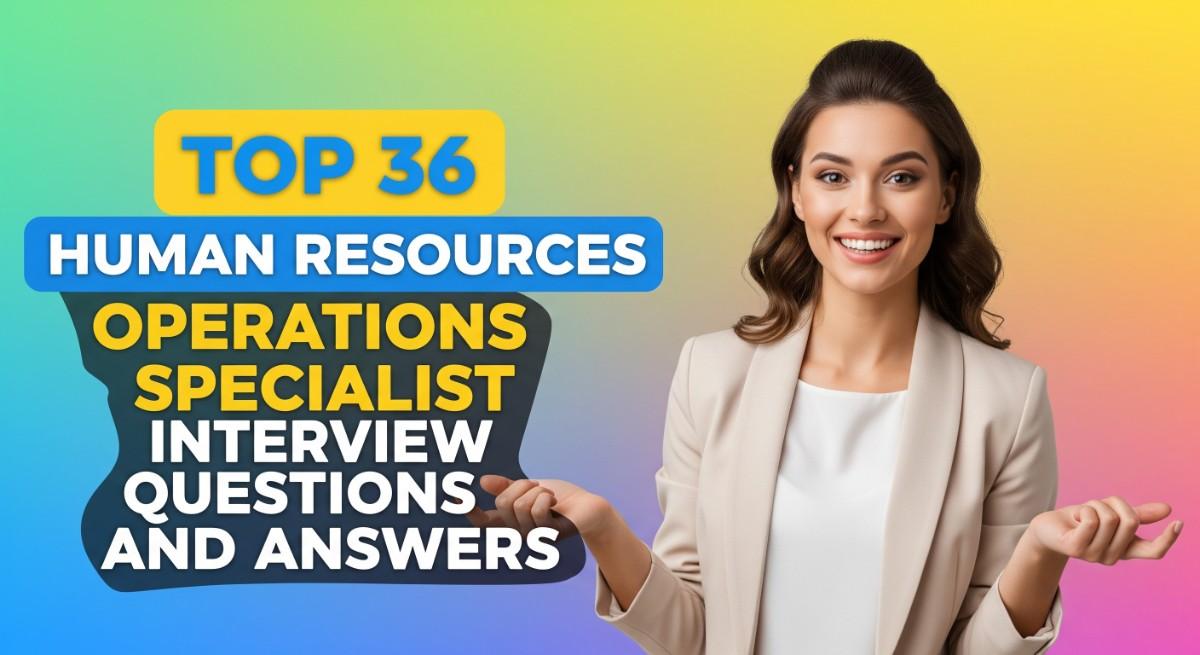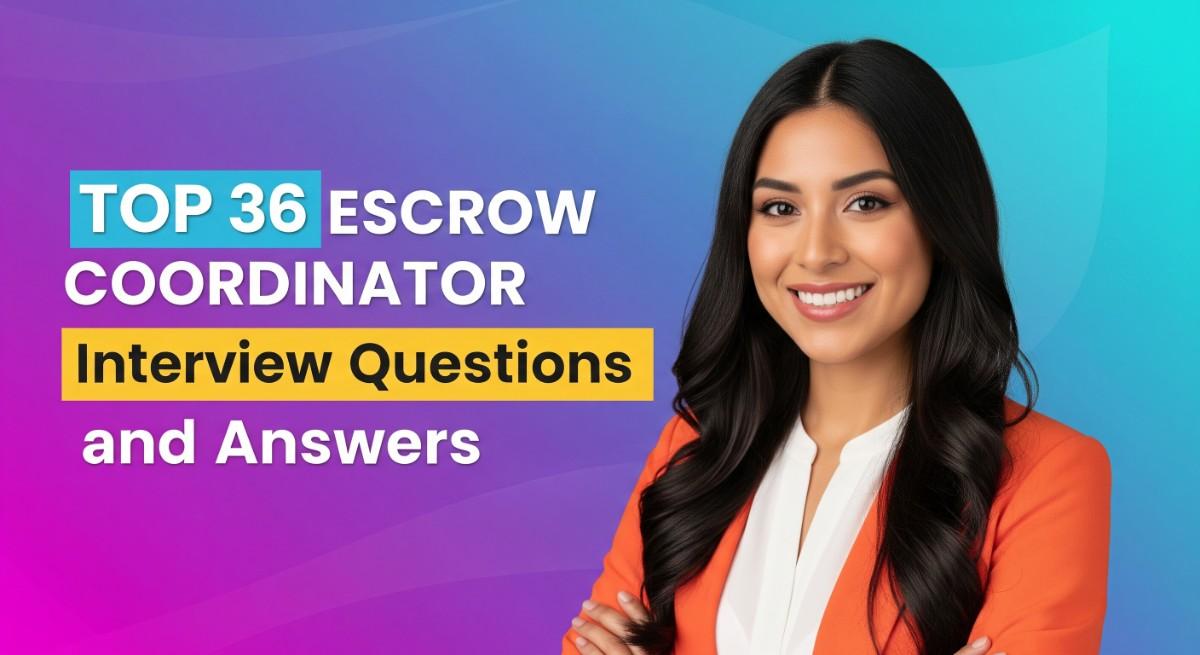
Top 36 Social Work Interview Questions and Answers
Social work is a rewarding career that allows you to make a meaningful difference in people’s lives, but it also requires specific skills, knowledge, and emotional intelligence. When preparing for a social work interview, it’s important to understand not only the technical aspects of the role but also how to demonstrate empathy, resilience, and commitment to helping others. Employers want to see that you can handle difficult situations, think critically, and use your personal qualities to provide support to vulnerable populations. In this article, we’ll explore the top 36 social work interview questions and provide sample answers, along with detailed explanations to help you prepare for your next interview.
Top 36 Social Work Interview Questions
1. Can you tell us about your experience in social work?
Your answer should highlight your career journey, the areas of social work you’ve worked in, and how your past experiences have shaped your approach to helping others. Mention key roles, achievements, and lessons learned.
Explanation: This question allows the interviewer to understand your background and the diversity of your experience in social work. They want to assess your ability to apply your past experiences to the role you are interviewing for.
2. Why did you choose to become a social worker?
Focus on your passion for helping people, your desire to make a difference, and how your values align with the principles of social work. Share a personal story if applicable.
Explanation: This question is designed to gauge your motivation for pursuing social work as a career. Employers want to know that you’re driven by a genuine passion for helping others.
3. What do you find most rewarding about being a social worker?
Highlight the aspects of the job that resonate with you, such as building relationships with clients, helping people overcome challenges, or advocating for those who cannot speak for themselves.
Explanation: The interviewer is assessing your emotional investment in the role and how your sense of fulfillment aligns with the work you’ll be doing.
4. Describe a time when you had to deal with a difficult client. How did you handle the situation?
Provide a specific example of a challenging interaction, focusing on how you maintained professionalism, applied conflict resolution techniques, and helped the client achieve a positive outcome.
Explanation: This question evaluates your ability to navigate complex situations, maintain composure under stress, and use effective problem-solving skills in client interactions.
5. How do you handle the emotional stress that comes with social work?
Discuss your self-care strategies, such as regular debriefing with colleagues, maintaining a work-life balance, or practicing mindfulness, to ensure you stay mentally healthy.
Explanation: Employers want to know that you have a plan in place to cope with the emotional demands of the job and that you’re proactive in managing stress.
Build your resume in just 5 minutes with AI.

6. How do you prioritize your workload when you have multiple clients or cases?
Demonstrate your organizational skills by explaining how you assess urgency, deadlines, and the needs of clients to create a manageable schedule. Use examples of how you’ve handled similar situations in the past.
Explanation: Time management is critical in social work, and this question helps interviewers understand how you organize and prioritize tasks effectively.
7. Can you give an example of how you’ve worked collaboratively with other professionals?
Provide an example of working with doctors, therapists, or other social workers to achieve the best outcome for a client, emphasizing teamwork and communication.
Explanation: Collaboration is vital in social work, and this question explores your ability to work in a multidisciplinary environment while maintaining strong communication and teamwork.
8. How do you stay informed about changes in social work policy and legislation?
Mention specific resources, such as social work organizations, continuing education, or relevant publications, that you use to stay updated on industry changes.
Explanation: Interviewers want to see that you’re committed to lifelong learning and aware of how new policies and laws may affect your practice.
9. How would you manage a crisis situation with a client?
Detail the steps you would take, including staying calm, assessing the situation, and taking immediate action to ensure the client’s safety. Highlight any crisis intervention techniques you’ve used in the past.
Explanation: This question examines your ability to respond effectively in high-pressure situations, ensuring the well-being of clients.
10. What is your approach to working with clients who are resistant to help?
Talk about your patience, empathy, and communication strategies to build trust and rapport, while understanding the reasons behind their resistance.
Explanation: The interviewer is assessing your ability to work with challenging clients and your methods for overcoming resistance to support or services.
11. How do you maintain professional boundaries with clients?
Discuss how you set clear boundaries, uphold ethical guidelines, and avoid dual relationships, all while providing empathetic care.
Explanation: Maintaining boundaries is crucial in social work, and interviewers need to know that you can stay professional while forming supportive client relationships.
12. Can you describe a time when you had to advocate for a client?
Give an example of when you fought for a client’s rights or access to services, and how you ensured their voice was heard.
Explanation: This question explores your advocacy skills and your commitment to empowering clients in vulnerable situations.
13. What would you do if you suspected a child was being abused?
Explain your understanding of the legal requirements for reporting abuse and how you would handle such a sensitive situation while protecting the child’s safety.
Explanation: This is a crucial question that tests your knowledge of child protection laws and your ethical responsibility to act in the best interest of the child.
14. How do you approach cultural competency in your practice?
Discuss how you respect and incorporate clients’ cultural backgrounds, beliefs, and values into your work, and how you continue to develop your understanding of diversity.
Explanation: Social workers need to be culturally competent to effectively serve diverse populations, and this question helps interviewers assess your awareness of cultural sensitivity.
15. Can you provide an example of how you’ve handled a case that didn’t go as planned?
Share a time when a case didn’t have the outcome you hoped for, and explain what you learned from the experience.
Explanation: This question assesses your ability to reflect on your practice, learn from challenges, and adapt your approach when necessary.
16. What role does empathy play in social work, and how do you practice it?
Explain how empathy is central to understanding and supporting clients, and provide examples of how you’ve shown empathy in difficult situations.
Explanation: Empathy is a core value in social work, and interviewers want to know how well you connect with clients and understand their emotions.
Planning to Write a Resume?
Check our job winning resume samples


17. How do you handle confidentiality in your work?
Describe your understanding of confidentiality laws and how you maintain client privacy while collaborating with other professionals.
Explanation: Maintaining confidentiality is a legal and ethical requirement in social work, and this question tests your knowledge of how to protect sensitive client information.
18. How do you ensure you’re making ethical decisions in your practice?
Talk about the ethical decision-making frameworks you use and how you seek guidance from colleagues or supervisors when faced with complex ethical dilemmas.
Explanation: Social workers frequently encounter ethical challenges, and interviewers want to know that you can navigate these situations with professionalism and integrity.
19. Can you describe a time when you received feedback that improved your practice?
Give an example of constructive feedback you received from a colleague or supervisor and how you used it to grow professionally.
Explanation: This question assesses your openness to feedback and your ability to use criticism to improve your skills as a social worker.
20. What are your strategies for managing time-sensitive cases?
Explain how you handle urgent situations, triage cases based on urgency, and manage your time effectively to ensure all clients receive adequate attention.
Explanation: Time-sensitive cases require quick decision-making and excellent organizational skills, and interviewers want to know that you can handle pressure while delivering quality care.
21. What methods do you use to assess clients’ needs?
Discuss specific assessment tools or frameworks you use to evaluate clients’ physical, emotional, and social needs.
Explanation: Interviewers are looking for a structured approach to client assessment and want to see that you use evidence-based tools to gather relevant information.
22. How do you handle ethical dilemmas in social work?
Provide an example of a time you faced an ethical dilemma and how you applied professional guidelines to resolve the situation.
Explanation: Ethical dilemmas are common in social work, and this question evaluates your ability to navigate them with integrity.
23. Can you describe a time when you had to make a difficult decision on behalf of a client?
Share a specific example where you had to balance competing interests, legal obligations, or ethical considerations to make a challenging decision.
Explanation: This question assesses your decision-making abilities and how you prioritize clients’ best interests in difficult situations.
24. How do you ensure clients are empowered in their own decision-making?
Talk about how you engage clients in discussions about their goals, offer choices, and support their autonomy while providing guidance.
Explanation: Social work is about empowering clients, and interviewers want to know that you respect their right to make decisions about their own lives.
25. What steps do you take when developing a care plan for a client?
Outline the process you follow, including assessment, goal-setting, and collaboration with the client and other professionals, to create a
comprehensive care plan.
Explanation: Care planning is a key part of social work, and this question helps interviewers assess your ability to develop and implement effective plans for clients.
26. How do you handle situations where you and a client have differing opinions?
Explain how you navigate disagreements respectfully, focusing on understanding the client’s perspective and finding common ground to move forward.
Explanation: This question evaluates your conflict resolution skills and your ability to work collaboratively with clients, even when you disagree.
27. How do you measure success in your social work practice?
Talk about the outcomes you aim for, such as improved well-being for clients, stronger community relationships, or personal growth, and how you track these achievements.
Explanation: Interviewers want to understand how you define and measure success in your practice to ensure you’re outcome-focused and client-centered.
28. What is your experience working with children and families?
Describe your work in child protection, family counseling, or other relevant areas, and highlight specific skills that help you succeed with this population.
Explanation: This question assesses your experience with a core area of social work, particularly if you’re applying for a role focused on children and families.
29. How do you deal with burnout in social work?
Discuss your personal methods for preventing and addressing burnout, such as taking regular breaks, seeking support, or engaging in activities outside of work.
Explanation: Burnout is common in social work, and interviewers want to see that you have strategies in place to maintain your mental health and well-being.
30. Can you provide an example of how you’ve worked with a diverse population?
Share a time when you supported clients from different cultural, ethnic, or socioeconomic backgrounds, focusing on how you adapted your approach to meet their unique needs.
Explanation: Diversity is a key consideration in social work, and this question evaluates your cultural competency and ability to provide inclusive services.
31. What role does documentation play in social work?
Explain the importance of keeping accurate, timely records and how documentation supports accountability, legal compliance, and effective client care.
Explanation: Documentation is a critical part of social work practice, and this question assesses your ability to maintain thorough records to support your work.

Build your resume in 5 minutes
Our resume builder is easy to use and will help you create a resume that is ATS-friendly and will stand out from the crowd.
32. How do you stay motivated in social work, especially when faced with challenging situations?
Discuss what keeps you committed to the profession, whether it’s seeing positive outcomes, making a difference, or your personal values.
Explanation: This question explores your long-term dedication to social work and how you sustain your motivation through tough times.
33. What is your experience with community outreach programs?
Describe your involvement in programs aimed at raising awareness, providing services, or supporting community development, and how you contributed to their success.
Explanation: Community outreach is often a key component of social work, and this question assesses your experience in engaging with and supporting communities.
34. How do you handle situations where a client refuses your services?
Explain how you respect the client’s decision while providing information about the potential consequences and offering to revisit the conversation in the future.
Explanation: This question tests your ability to handle rejection professionally while keeping the door open for future support.
35. Can you describe a time when you successfully resolved a conflict between clients or colleagues?
Provide an example of a situation where you acted as a mediator, focusing on how you maintained neutrality and helped both parties reach a resolution.
Explanation: Conflict resolution is an important skill in social work, and interviewers want to see that you can manage disputes effectively.
36. How do you ensure continuous professional development in social work?
Discuss how you pursue opportunities for learning, such as attending workshops, completing certifications, or staying informed about industry trends.
Explanation: Social work is an evolving field, and this question helps interviewers assess your commitment to ongoing professional growth.
Conclusion
Preparing for a social work interview requires not only understanding the technicalities of the job but also demonstrating a deep commitment to the profession and its values. These top 36 social work interview questions and answers should provide you with a solid foundation for showcasing your skills, experience, and passion. Whether you are new to the field or an experienced professional, having well-thought-out answers to these questions will help you confidently navigate your next interview and land the role you’re aiming for. Remember, every interview is an opportunity to share your unique journey and how you plan to make a difference in the lives of those you serve.
Recommended Reading:











